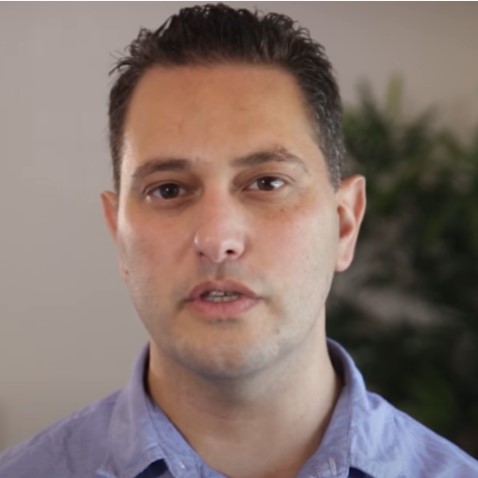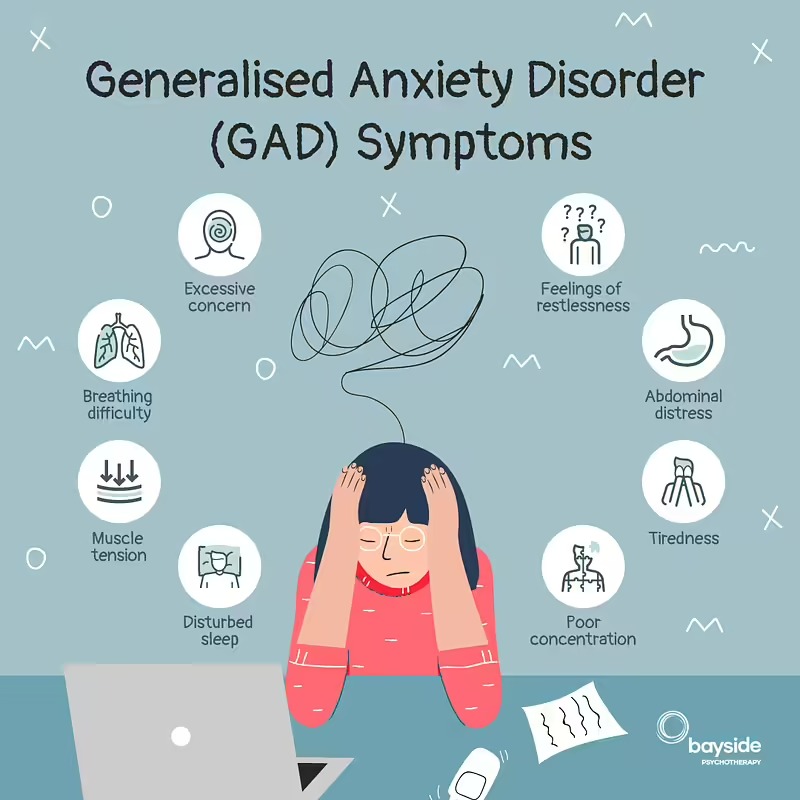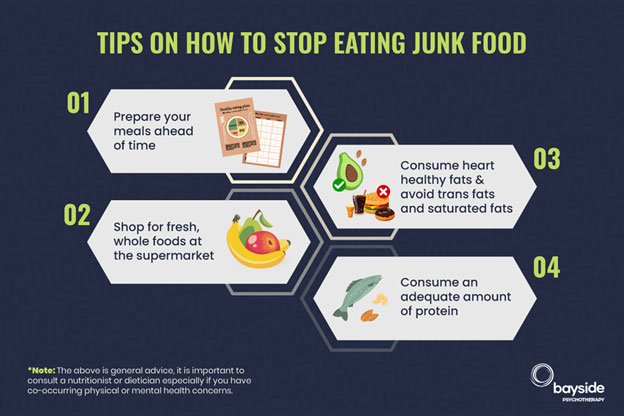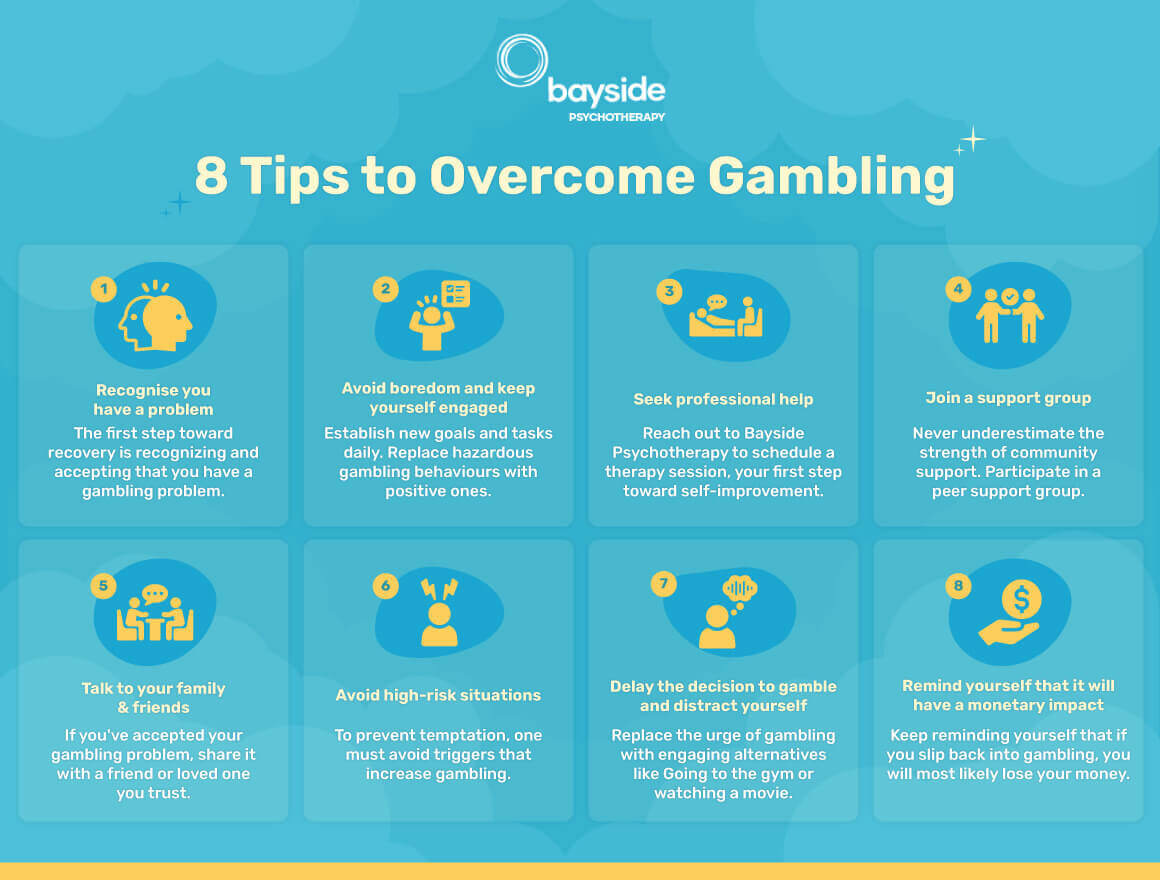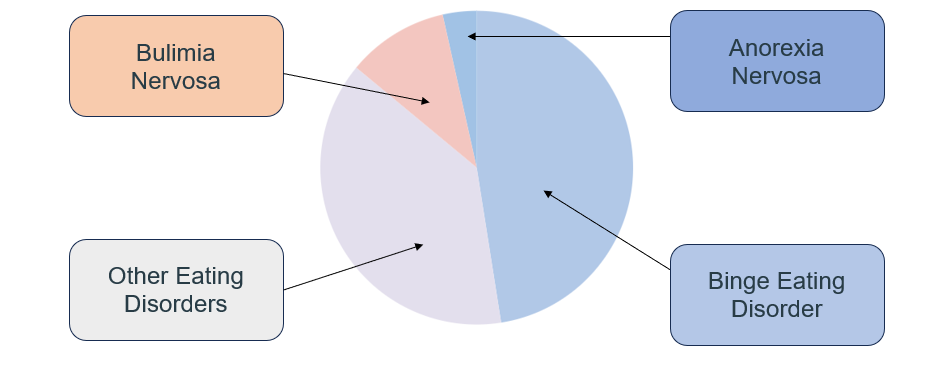Phubbing: Psychological reasons and remedies
Have you been phubbed yet today? Have you phubbed someone without realising it?
Phubbing refers to an individual using their mobile electronic device either sporadically or continuously when they are in the company of others. Given society’s obsession with facebook, twitter, my space, texting, emailing and instant responding, it’s no wonder this process has been given a name all of its own.
Why, when you are hanging out with your best friend, your kids or your partner, would you end up phubbing such important people? The answers are many!
We live in a world that is online and active 24/7. To not be up to date with what’s going on in social circles or work is to be behind and unfashionable. Nobody wants the boat to sail away without them on board. Nobody wants to look foolish by being out of the loop.
Why stop phubbing?
Indeed, an obsession with being online ultimately puts us offline with regards to intimate relationships, and this could impact our brains and how affects are metabolised. We can become hooked on staying connected with our beloved technology of choice, but lose our connection with real, meaningful relationships with our family, our spouses and our friends. A technology obsession can lead to sleep deprivation, social isolation, disappointment and depression through a major reinvestment of interpersonal enjoyment redistributed into a pseudo relationship with a screen (sometimes without even knowing it). These effects are being seen more and more by psychologists, psychoanalysts and therapists, largely due to the ramifications for work productivity and intimate relationships.
Over time, obsessions with checking the phone can become addictive, and act as substitutes for intimate relationships, whether romantic, or even reducing enjoyment derived from face to face discourse over coffee with friends. A discourse is a social bond, and such important bonds become reduced significantly when a screen literally comes to stand in its place.
Phubbing is really common when we find the company of others boring or irritating. Whether it’s your children telling you the same story for the fourth time, your partner rattling away about his terrible day at work like you’re not even there, or your best friend telling you for the third time how amazing her new boyfriend is, being bored is frankly uncomfortable and unpleasant. When individuals are acting in a self-absorbed manner, it can be very hard to remain present and connected because they are not acknowledging you as a person. Therefore some people resort to phubbing to alleviate feelings of boredom and to actually enhance their self-esteem by reminding themselves that they DO exist (and they have got the updated Facebook comment to prove it).
Is phubbing a modern defence mechanism?
Conversely, phubbing might occur in an intimate context when your partner has revealed some very deep information that makes you feel uncomfortable.
Individuals with a narcissistic personality structure often struggle to remain interpersonally close in intimate scenarios. The anxiety it provokes can be relieved by engaging in something that serves as a distraction and distancing strategy: Hello phubbing!
How can a phubber help themselves to stop phubbing?
Firstly, phubbing can also be relatively innocent if we are waiting to hear from an unwell friend or relative, if we are concerned that our life savings are about to plummet if the stock market turns or if there is a genuine family or work crisis, phubbing actually makes sense. However, there’s quite a simple remedy to problematic phubbing: if one is interested in preserving the social ties with the person they are phubbing, its probably best to speak up and be honest about your concerns so your companion doesn’t end up feeling irritated and ignored. If this seems too difficult, consider engaging in mindfulness meditation to slow down and reduce persistent digital obsessions.
How can a person being phubbed, intervene?
You’re not alone. There’s actually a facebook campaign to stop phubbing. If you are being phubbed by someone who is important to you, it is natural to feel angry, frustrated, rejected, hurt, confused and sad. If it occurs over and over again, there can be a natural withdrawing of interest from the relationship and a desire to explore connections elsewhere. If this is an important relationship then it is imperative to speak up in an honest and heartfelt way about the impact phubbing has on you and the damage you see it causing the relationship. Honesty really is, the best policy.
Out of all the remedies psychotherapy is likely to be the most thorough, if for no other reason than the experience provides a relationship which is opposite to avoidance behaviour, within a discourse like no other.
Here are a couple of blogs written on this topic you might find useful:
Choosing the right therapist: The 5 mo...
Choosing the right therapist can be difficult. Different problems and diff.
Creating Healthier Workspaces: How str...
Employee mental health is pivotal to overall workplace wellbeing, impacting individual performance, job satisfaction, and organ.
From High Stakes to Healing: 8 Tips To...
Gambling activities have become more accessible and convenient due to the proliferation of casinos and the rapid growth of online gambling platforms. Mo.
An Examination of Bulimia Nervosa Amon...
Bulimia nervosa is a serious eating disorder that can significantly impact an individual's physical and psychological health. Characterised by recurrent.

